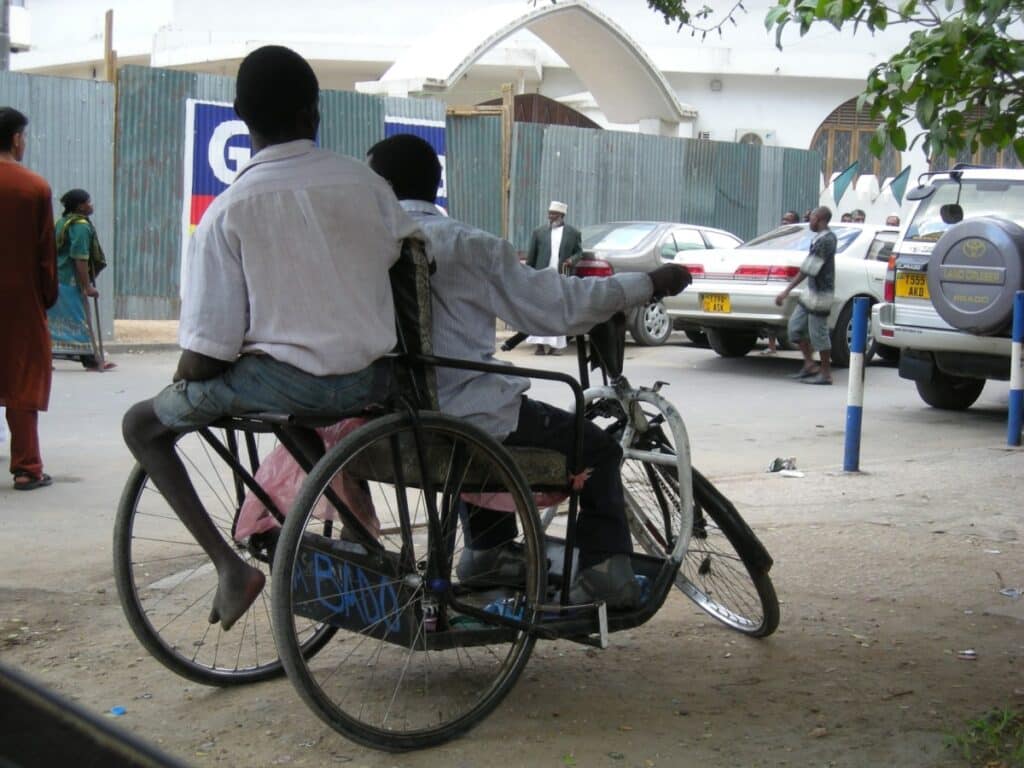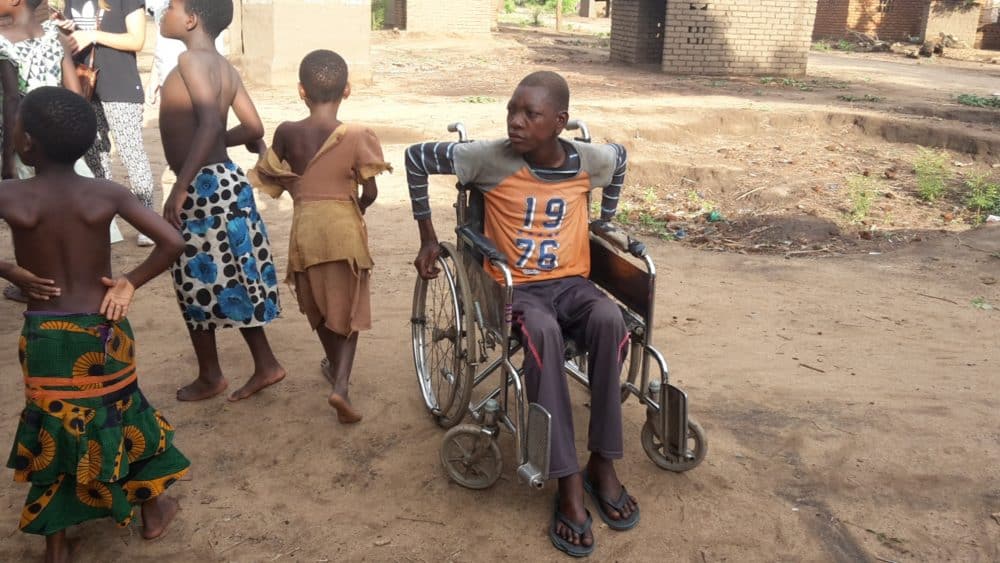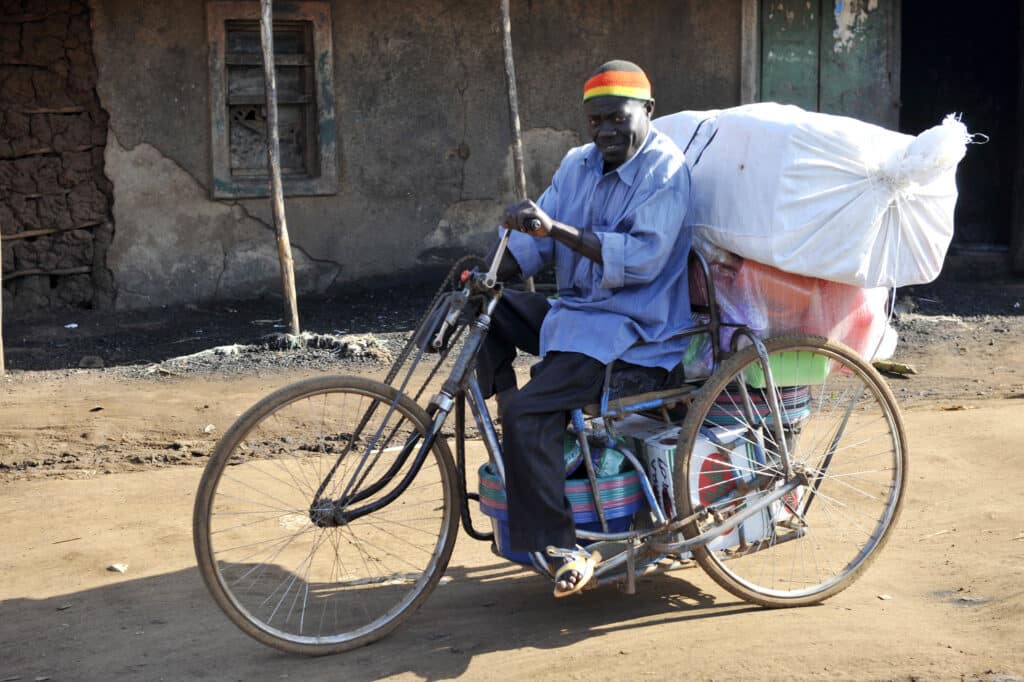In Kenya, families supporting friends and family with disabilities s experience a scope of imposing difficulties that saturate different parts of day to day existence. Admittance to medical care, a key right, is in many cases upset by restricted assets and lacking framework. Families wind up wrestling with the shortage of specific clinical benefits, recovery offices, and the monetary weight related with looking for legitimate consideration for their incapacitated relatives. The lack of open medical care fuels the physical and close to home stress on families, who should explore a mind boggling framework to get fundamental administrations.

Cultural mentalities and marks of disgrace encompassing handicaps present one more impressive test for families in Kenya. Well established misinterpretations, combined with social predispositions, add to the minimization and segregation of people with inabilities. This frequently brings about stressed family connections and increased close to home pressure for the two guardians and those with handicaps. Training and mindfulness crusades are pivotal to cultivating understanding and acknowledgment inside networks, testing generalizations that sustain segregation.

Financial constraints represent a critical obstacle for families supporting people with handicaps in Kenya. The financial weight of really focusing on an individual with a handicap is significant, frequently exacerbated by restricted work valuable open doors for people with incapacities themselves. Families should battle with the expenses of particular clinical consideration, assistive gadgets, and instructive help, all while wrestling with the difficulties of getting steady pay and financial autonomy.

The instructive scene for people with handicaps in Kenya reflects fundamental difficulties. Comprehensive training stays a yearning as opposed to a reality for the overwhelming majority, as deficient foundation and an absence of assets in schools frustrate admittance to quality learning conditions. Segregation and a lack of prepared teachers who can take special care of the extraordinary necessities of understudies with handicaps propagate differences in instructive open doors. Families become advocates for their kids’ privileges, exploring regulatory obstacles and looking for help from instructive organizations to guarantee comprehensive and quality schooling.
Tending to these difficulties requires a coordinated exertion from policymakers, networks, and backing associations. By cultivating comprehensive training, advancing medical services openness, and testing cultural marks of disgrace, Kenya can prepare for a more steady climate for groups of individuals living with incapacities. Financial strengthening drives, combined with mindfulness crusades, can add to separating boundaries, guaranteeing that families and people can defeat these difficulties and flourish in a general public that values inclusivity and variety.




